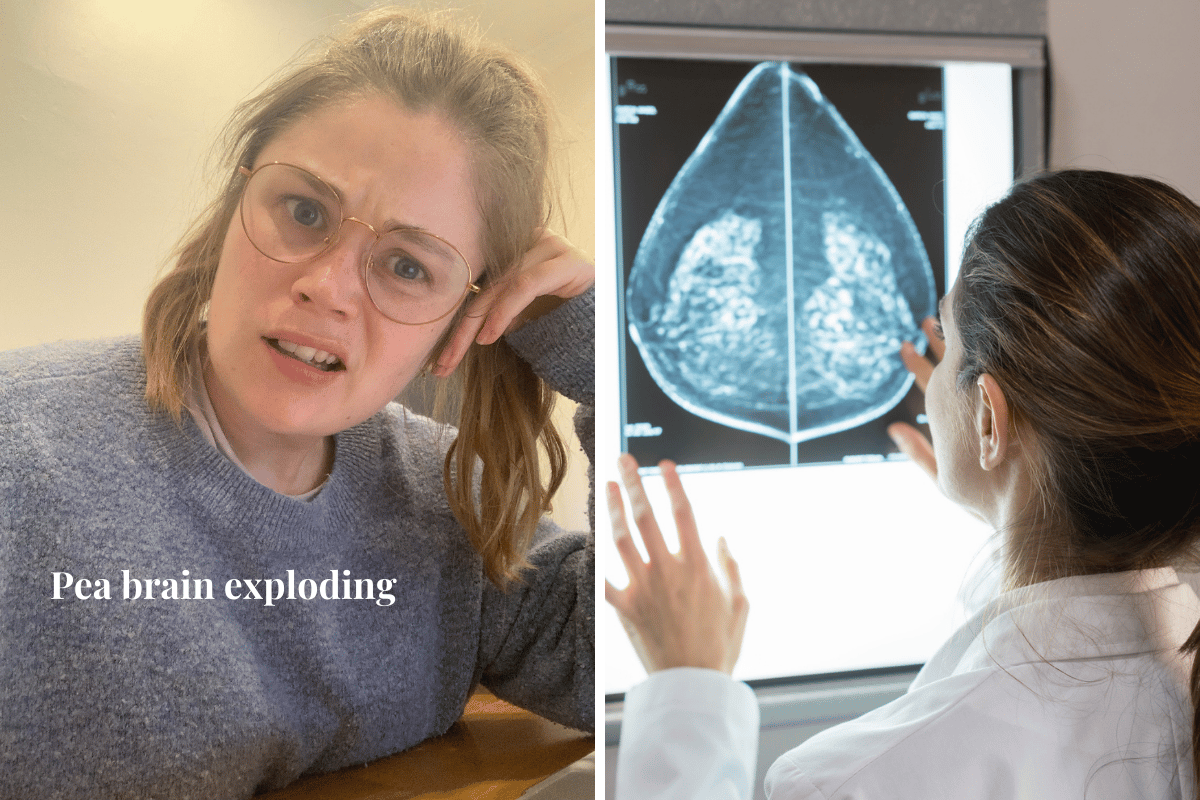
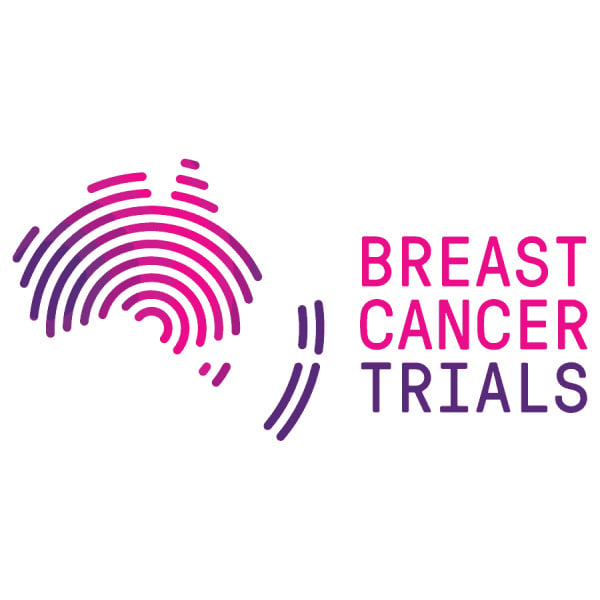
Breast cancer is something you really may not want to know a lot about.
Because, if you do, it's likely yourself or someone you know and love has it, and is going through treatment.
...But the thing is, learning about breast cancer can't give you it. We promise. Having knowledge surrounding a condition that affects one in seven women (yes, one in seven), means you are equipped to help one of those women that need it, and can approach their illness with empathy and understanding.
As it turns out, there are a lot of details about breast cancer that people have absolutely no idea about. And they are pretty damn massive.
Watch: Why you should talk to your family about their health history. Post continues after video.
To help start the conversation, we spoke to Dr Belinda Kiely, to find out all the information we've been hiding from.
She's a member of the Breast Cancer Trials Scientific Advisory Committee, and an incredible oncologist based in Sydney.
So, from sex drive to body image, here's 9 breast cancer questions we all need to be asking.


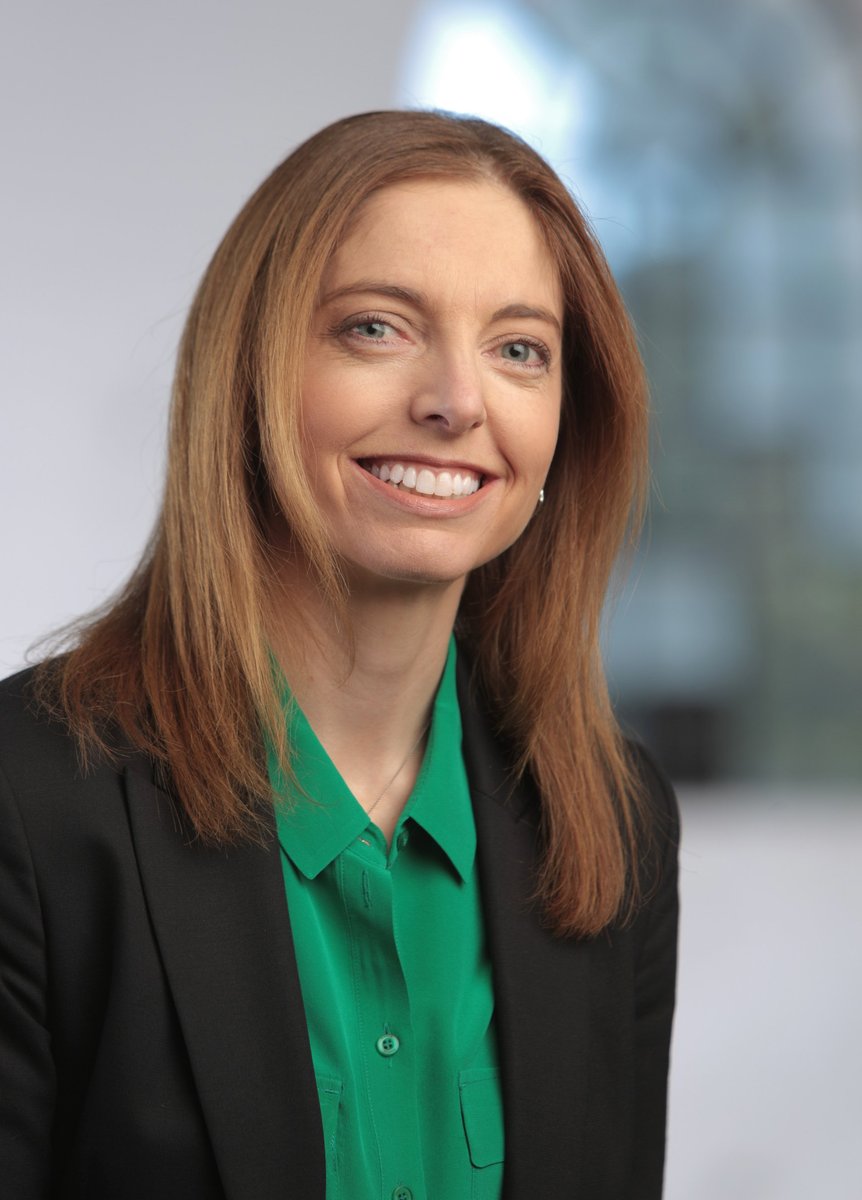
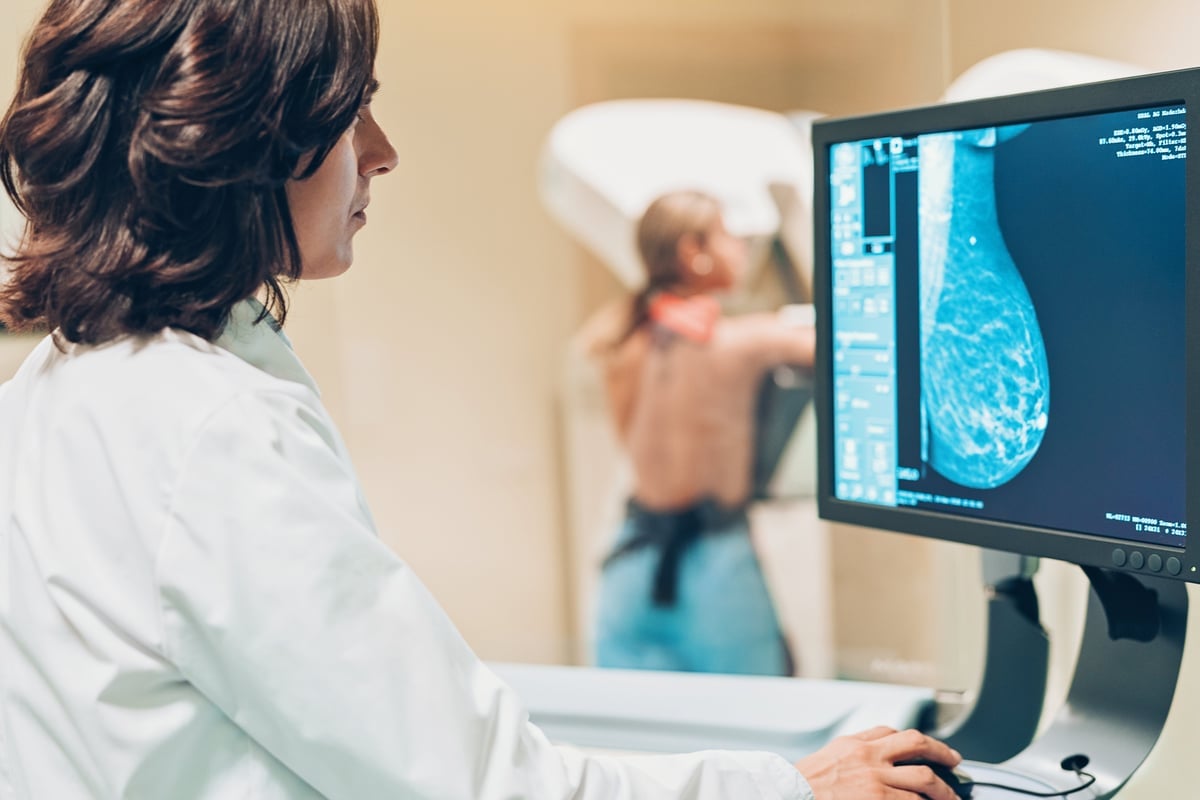
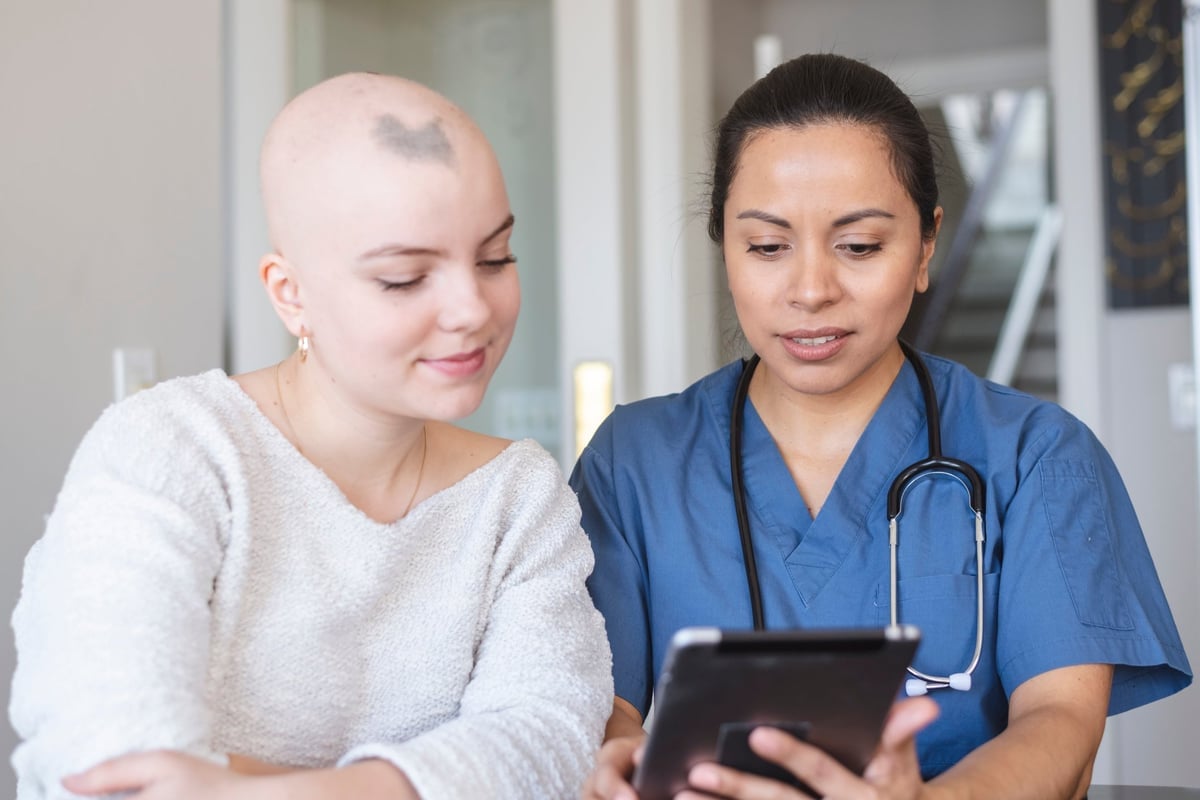
Top Comments